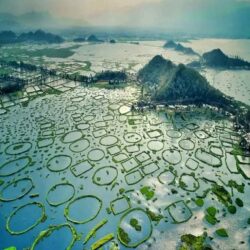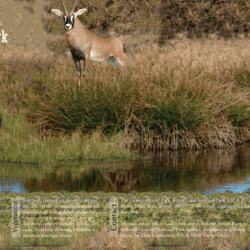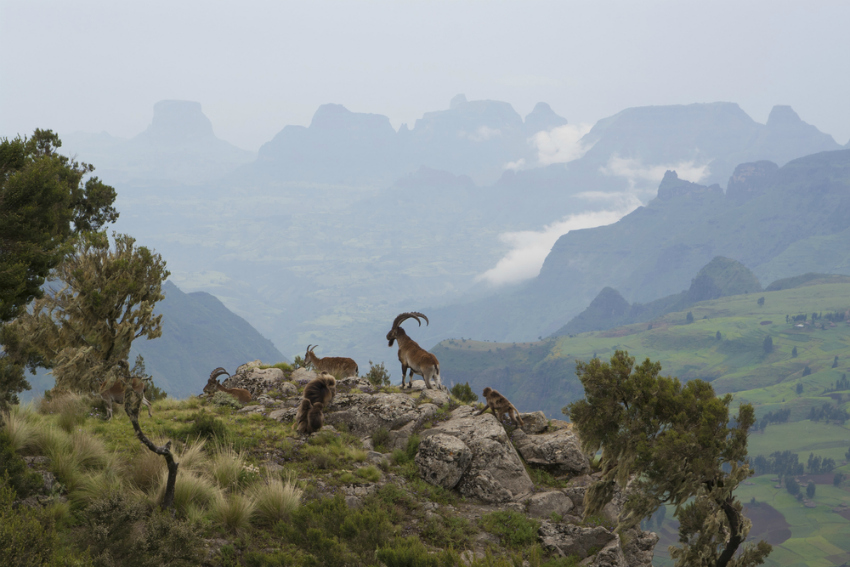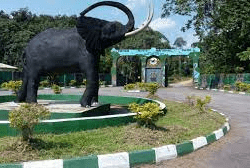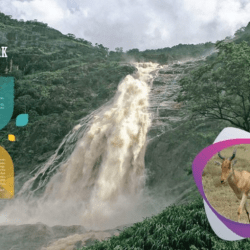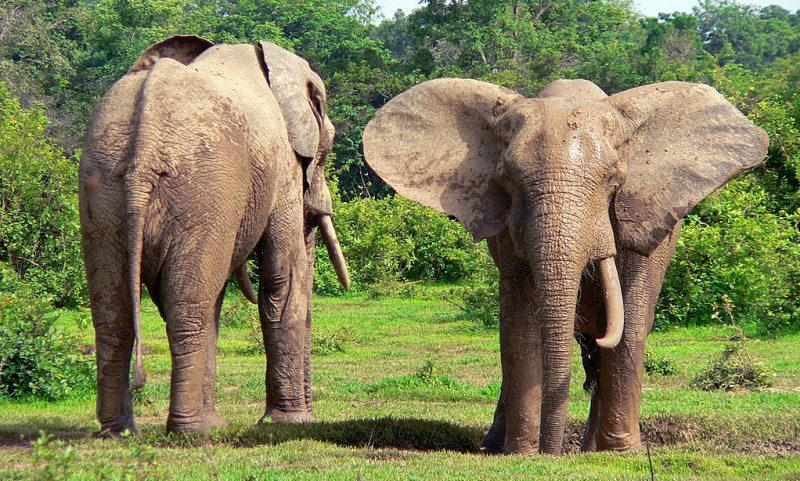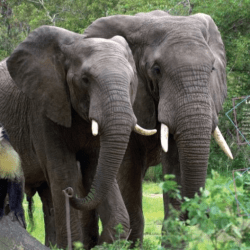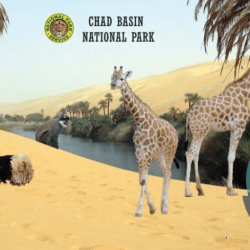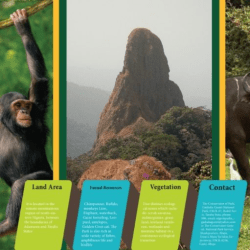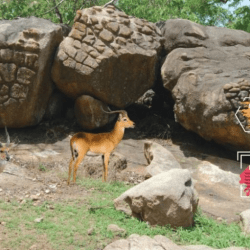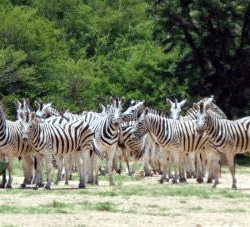What is a national park?
Many definitions have been given to explain what a national park is. We adopt here the definition provided by The World Conservation Union, IUCN (1990):
A national park is a relatively large area of land and/or sea where;
a. One or several ecosystems that are not materially altered by human exploitation and occupation; where plant and animal species, geomorphologic sites and habitats are of special scientific, educational and recreational interest; which contain a natural landscape of great beauty.
b. The highest competent legal authority of the country (national or federal government) has taken steps to eliminate, as soon as possible, exploitation or occupation in the whole area and, enforces effectively the respect for ecological, geomorphologic, or scientific features which have led to its establishment.
c. Visitors are allowed to enter under special conditions, for inspirational, educational, cultural and recreational purposes (IUCN, 1990).

ROLE OF NATIONAL PARKS
National parks are natural ecosystems with unique attributes. Such parks play special tangible and intangible roles vital to national and regional well-being. They enhance ecological processes and life support systems such as soil regeneration, protection of nutrient cycles, protection and cleansing of hydrological cycles, production and purifying of oxygen, waste disposal etc. National parks also protect the environment and indigenous genetic resources, which are the basis for any meaningful improvement in agricultural and pharmaceutical development. They are thus significant in scientific research and educational development, agriculture and medicine, psychology, spiritualism and the recreation of the human spirit.
The aura of the spectacular sceneries they contain make national parks special spots for nature lovers and endear them as alternate centres for national economic diversification. Consequently, the nation’s high population density and dependence on natural sources for food, shelter, fibre and medicine demand that Nigeria pays more attention to the protection, conservation and development of its ecosystems for national development.
OBJECTIVES OF NATIONAL PARKS
National parks are set up in Nigeria for the fulfillment of the following objectives:
(a) To conserve a select and representative sample of wildlife communities in Nigeria.
(b) Establish an ecologically and geographically balanced network of protected areas across Nigeria under the jurisdiction of the Federal Government.
(c) Protect endangered species of wild plants and animals and their habitats.
(d) Conserve wildlife species throughout Nigeria to maintain their abundance and diversity at optimum levels, commensurate with other landform uses, for their sustainable utilization by the people of Nigeria.
(e) Preserve outstanding scenic, natural and cultural resources for their scientific, recreational and other values in the national parks.
(f) Protect and maintain crucial wetlands and water catchment areas in Nigeria.
(g) Control dangerous vertebrate species.
(h) Provide or cause to be provided access and other facilities for public visitation and enjoyment of the national parks as centres of ecotourism development in Nigeria.
(i) Promote and provide education about wildlife and nature conservation.
Reference: INTRODUCTION (nigeriaparkservice.gov.ng)
